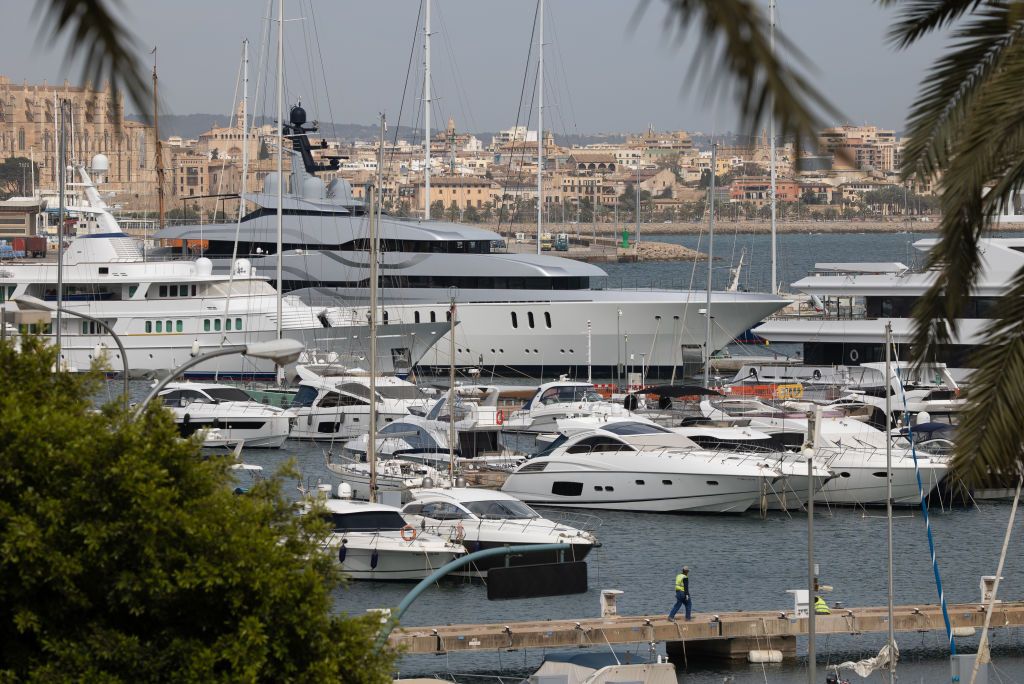Reuters: EU unlikely to confiscate Russian central bank assets

European officials believe it is unlikely that the EU will seize Russian central bank assets, partly due to the legal risks, Reuters reported on Jan. 23.
Since the beginning of the full-scale invasion, the EU and other Group of 7 (G7) countries have frozen around €300 billion ($325 billion) in assets from Russia's Central Bank, but there has been a lack of consensus on how best to seize them, in part or whole, and redirect the funds to Ukraine.
Josep Borrell, the EU's top diplomat, said on Jan. 22 that EU foreign ministers had reached a political agreement to finalize the work on transferring revenues from frozen Russian assets to Ukraine.
The plan is based on a proposal made in December, which suggests the EU could seize about 15 billion euros ($16.2 billion) in projected profits generated by frozen assets of Russia's Central Bank and transfer them to Ukraine.
However, freezing and transferring the capital of frozen Russian assets is "not going to happen," an anonymous senior official told Reuters.
Luxembourg's Foreign Minister Xavier Betteel also told Reuters he was "very cautious" about asset seizures. He said the legal case is too uncertain to use frozen Russian assets to fund Ukraine.
Others are concerned that confiscating frozen assets may set a precedent that has knock-on effects on the euro, with investors pulling out assets in fear that their money might be also be seized, Reuters said.
Financial institutions may also be impacted. Euroclear in Belgium is believed to hold billions in Russian assets, which, if seized, could "pose a financial stability risk," Reuters said.
Another senior official told Reuters that the EU could not bail Euroclear out, as it "manages trillions and its bankruptcy would be far more than the budget of the EU."
Belgian Finance Minister Vincent van Peteghem told reporters on Jan. 23 that any plan is "legally sound and we should avoid any impact on financial stability."













